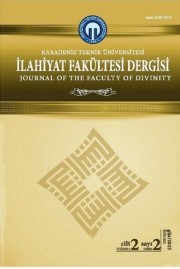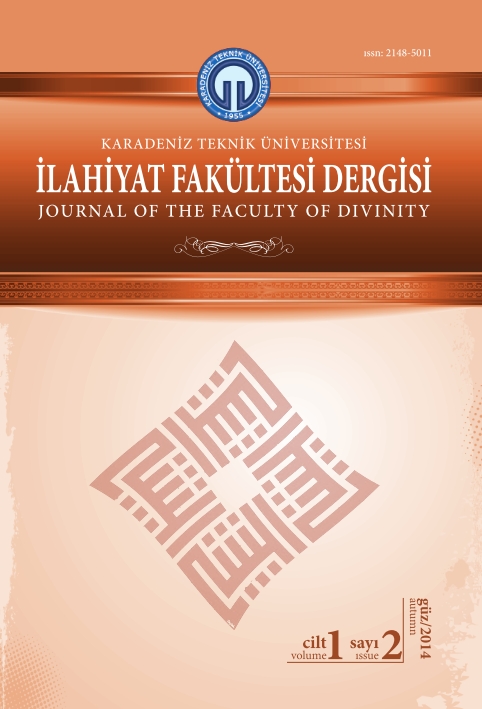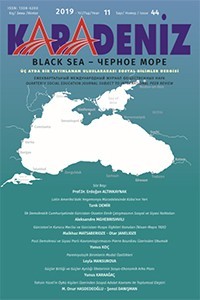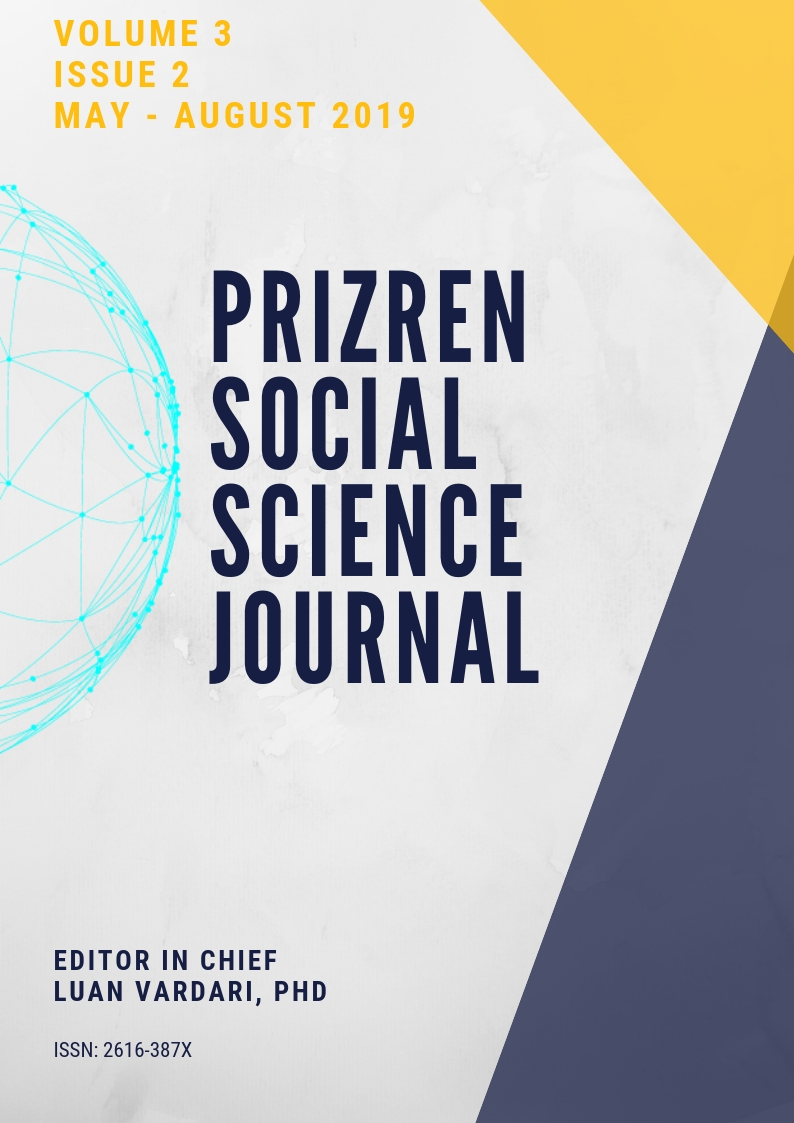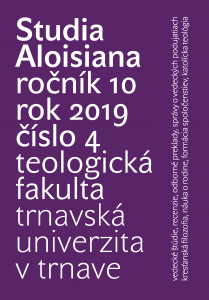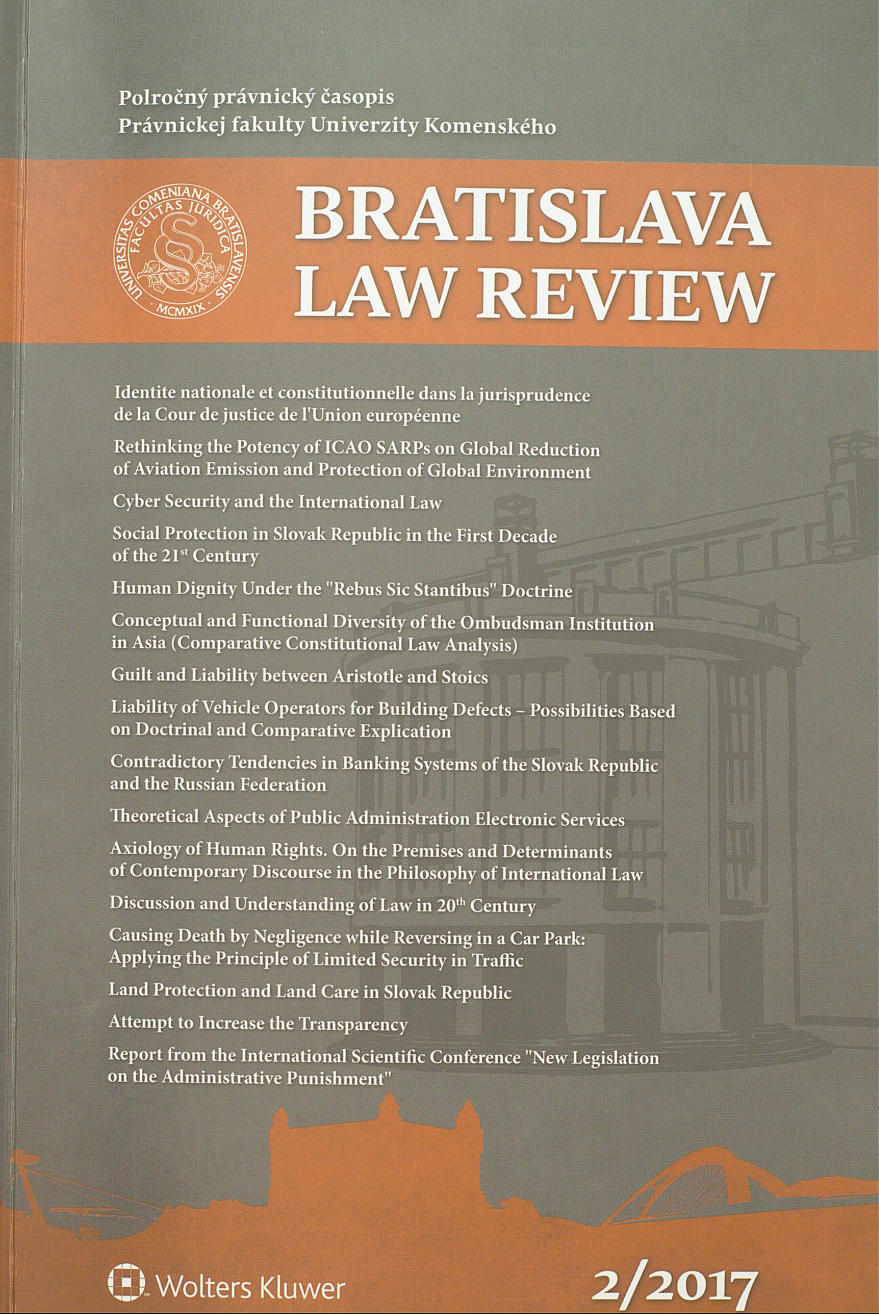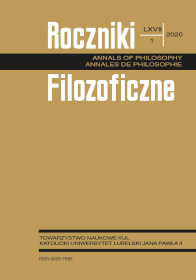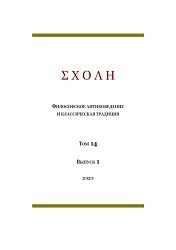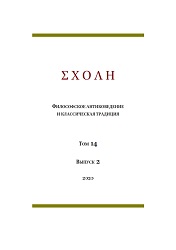Author(s): Draženko Tomić / Language(s): Croatian
Issue: 02/154/2019
Bonifac Badrov (Livno, 1896 – Sarajevo, 1974), a Neo-Scholastic philosopher, in his “History of Philosophy” (Sarajevo, 1959), a textbook for students at Franciscan Theology in Sarajevo, defines the scholarly subject of the history of philosophy as a systematic representation of solving philosophical problems in various historic periods and a critical examination of their internal dynamics. Considering this clear and informative, well-structured, balanced and goaloriented text, we should not forget that his “History of Philosophy” was written for very specific type of students, with full awareness that some of these students are encountering philosophy for the first time, and that, complementary to the educational system in theological universities, they are listening to it in parallel with scholastic philosophy. We should also bear in mind the author’s Neo-Scholastic philosophical orientation, and also mention that the religious aspect was not emphasised because the author was merely informing about some philosopher’s position on God and divine. This paper deals with Greek-Roman philosophy, and in accordance with Badrov’s structure it offers a review of the development of Greek-Roman philosophy in three periods with three distinctions: cosmological in Presocratics, emphasising (materialistic) monism, evolutionism, hylozoism, pantheism, anti-intellectualism and finally naturalism, metaphysical in classical antiquity, with an emphasis on subjectivism, relativism, agnosticism (Sophists), ethics and monotheism (Socrates), and dualism in all areas (Plato), that is metaphysics (Aristotle), and finally, ethical in Hellenistic period.
More...
